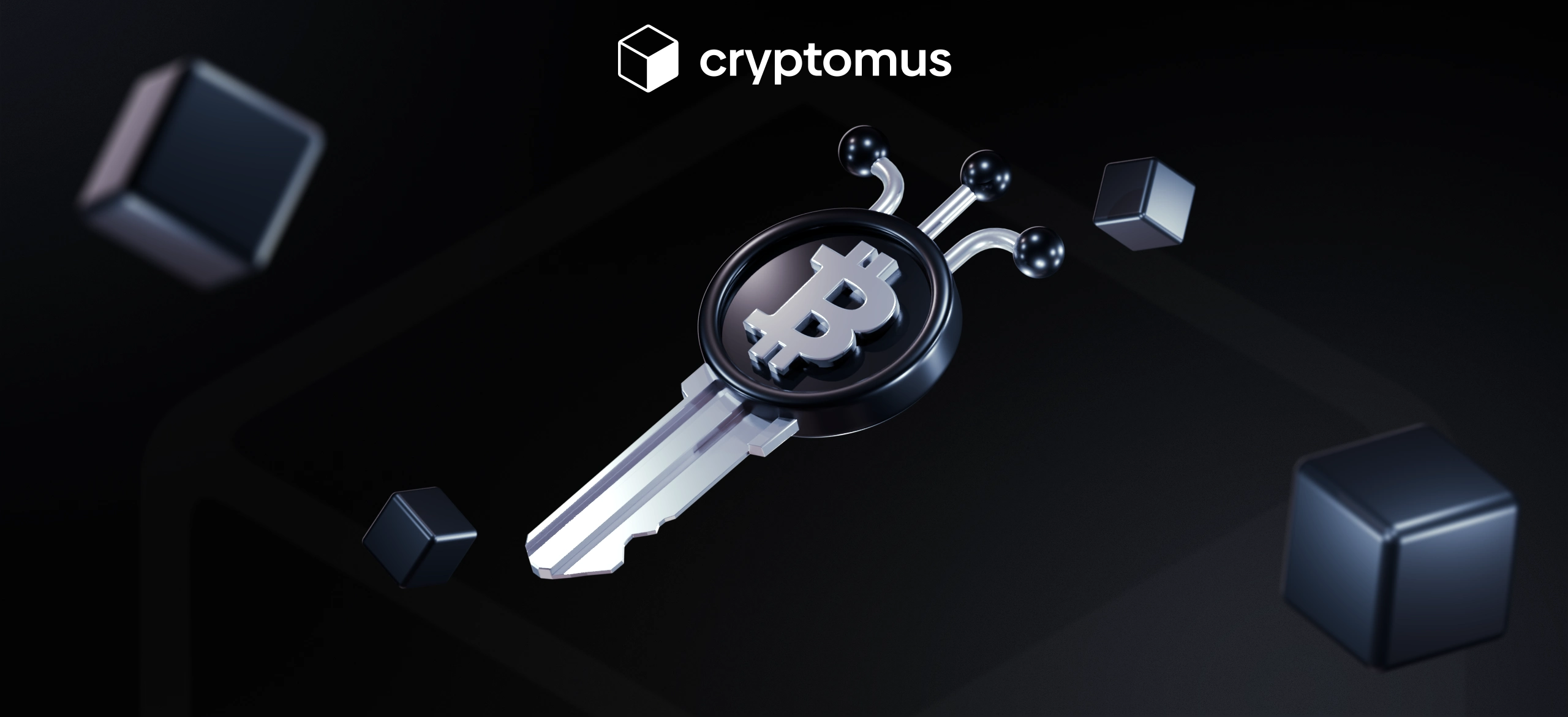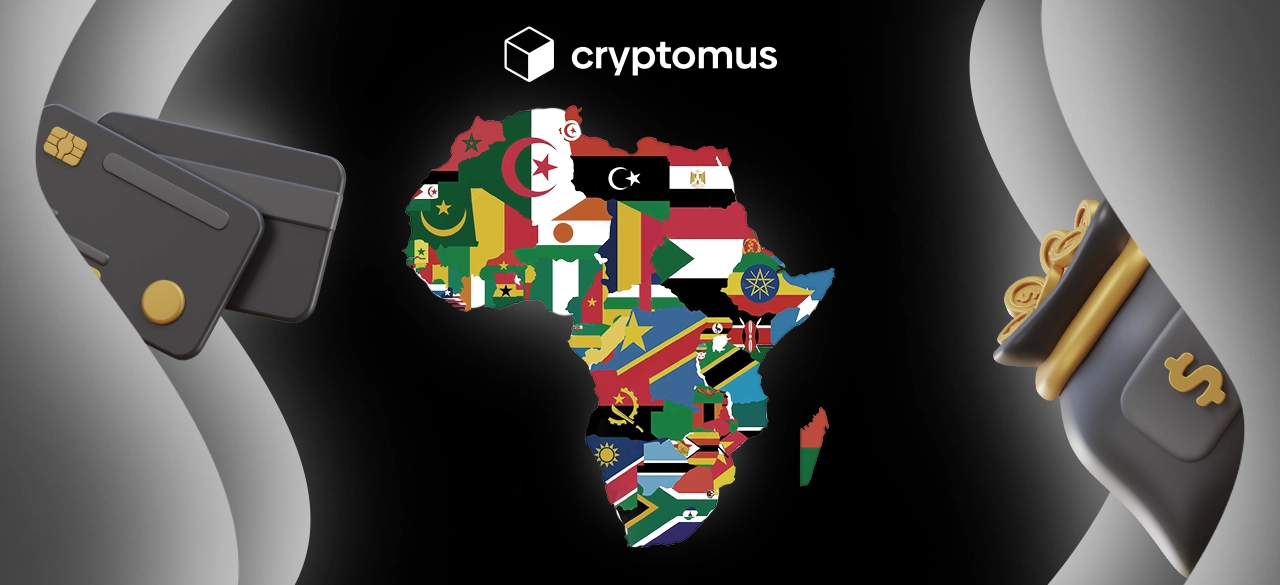
什麼是私鑰?在加密貨幣中它扮演什麼角色?
目錄
在探索加密領域時,你會遇到許多一開始難以理解但至關重要的概念與術語;**私鑰(Private Key)**就是其中之一。因此我們決定在本文把它講清楚、說明白。開始吧!
私鑰的重要性
在加密貨幣中,私鑰是確保你對數位資產擁有所有權與控制權的關鍵。它是一串很長的字元,作用近似密碼,可用來存取你的加密貨幣帳戶。私鑰與特定錢包地址綁定,並對應到公鑰(Public Key)。公鑰可以分享給他人用來收款,但私鑰必須嚴格保密。一旦他人取得你的私鑰,就能掌控該錢包、花用或轉移其中的資產。某種意義上,私鑰就是授權交易的「簽名」,對資金安全與完整性不可或缺。沒有私鑰,任何人都無法存取或控制錢包中的資產,因此妥善保護私鑰極為關鍵。
此外,加密貨幣運作於區塊鏈網路的去中心化環境中,沒有像銀行這樣的中央機構可協助找回遺失的私鑰,或撤銷未授權的交易。這更加凸顯私鑰的重要性:一旦遺失,對資產的存取權將永久喪失。由於鏈上交易不可逆,任何取得你私鑰的人都能轉走資產,而無從爭議或回滾。這種自我主權(self-sovereignty)賦予使用者完全掌控權,但也把保護私鑰的責任全權交到使用者手上。許多人會使用硬體錢包、安全備份或加密儲存等方式保護私鑰;即便是小小的疏忽也可能造成重大損失。總之,私鑰既是數位財富的守門員,也是加密系統信任與安全模型的基石。
它如何運作?
私鑰基於非對稱加密運作,涉及一對密鑰:私鑰與公鑰。兩者在數學上相互關聯,但在計算上幾乎不可能由其一推回另一個。以下是其在加密貨幣情境中的流程:
-
建立錢包與產生密鑰對: 當你建立加密貨幣錢包時,會產生一組唯一的公鑰與私鑰。你可在錢包軟體的設定中查看或由錢包平台產生。公鑰可分享給他人收款;私鑰則需保密,用於授權交易。
-
簽署交易: 當你要發送加密貨幣時,會先建立一筆交易(收款地址、金額與相關資料),再用你的私鑰對該交易進行簽章。這證明你是資金的合法擁有者並授權交易。只有持有私鑰的人才能從該錢包發起有效交易。
-
驗證交易: 簽名完成後,交易會被廣播到網路(如比特幣或以太坊)。網路中的節點(電腦)會使用你的公鑰驗證簽章;若簽章有效且餘額足夠,交易便會被批准。這個過程確保交易安全並防止未授權存取。
-
私鑰的安全: 私鑰不會與他人分享,也不會儲存在區塊鏈上,而是由使用者安全保存,常見做法包括軟體或硬體中的加密儲存,或紙錢包。私鑰是最終的所有權證明;他人一旦取得,便可竊取資金;反之,若私鑰遺失,在去中心化網路中也無法找回。
簡言之,私鑰是加密世界信任機制的核心:它讓使用者能掌控自己的資產,同時確保交易可驗證且安全。

私鑰 vs 助記詞(Seed Phrase)
私鑰與助記詞(Seed Phrase)對於存取與保護加密資產都很關鍵,但用途不同。私鑰是一段唯一的字串,用於簽署交易並存取特定錢包;它綁定到某個錢包地址,必須保密。
助記詞則是人類可讀的單字序列(通常 12 或 24 個詞),可用來產生與還原私鑰。它是備份機制:當私鑰遺失或錢包軟體出問題時,可用助記詞還原整個錢包。簡單說:私鑰用於交易簽名;助記詞用於備份與恢復。
私鑰 vs 公鑰
私鑰是祕密的密鑰,可存取錢包並用於簽署交易、證明資金所有權;公鑰由私鑰推導而來,可公開作為收款的依據(通常再經過雜湊與編碼形成錢包地址)。私鑰務必保密;公鑰則可自由分享以接收資金。
如何保護你的私鑰?
保護私鑰就是保護你的加密資產。以下是實用做法:
-
強密碼與雙重驗證(2FA): 對於提供線上存取的錢包或交易所,使用強密碼並啟用雙重驗證。
-
避免把私鑰存放在連網裝置上: 不要把私鑰存成電腦、手機或雲端硬碟中的純文字檔。若不得已,至少使用離線且加密的方式儲存。
-
離線備份: 以多份、離線、分散地點的方式備份你的私鑰(如保險箱、離線加密隨身碟或金屬板),避免單點失效。
-
使用硬體錢包: 硬體錢包把私鑰離線保存,簽名在裝置內完成、私鑰不觸網,是目前最安全的保存方式之一。
-
警惕釣魚與詐騙: 切勿點擊可疑連結,或在不可信網站輸入私鑰/助記詞。釣魚是竊取私鑰的常見手法。
-
妥善保存助記詞: 助記詞的保護等同於私鑰。離線保存、切勿拍照或上傳雲端,更不要與任何人分享。
遵循以上要點,可大幅降低資產被盜或遺失的風險,確保你的私鑰與資產安全。
這篇文章是否有幫助?你是否更理解私鑰的概念了?歡迎在下方留言告訴我們!



